When I first started going to NCTE, people would tell me to attend ALAN. I would roll my eyes. “Me? With my busy schedule? I can’t take two more days for travel.” As time went on, though, I heard more and more about this incredible workshop–that I’d be able to meet authors, listen to thought-provoking keynotes and panels, and receive the HUGE MAGIC BOX OF BOOKS.
I have to say, the virtual ALAN workshops were productive and interesting–especially since I was able to bake pies while watching panels. But this year, I am eager to reconnect face-to-face with colleagues, open that book box in that ballroom, and learn even more about rising YA authors and their stories.
Get there early, as Neil Klein advises. There will be many other attendees eager to receive their programs, open their boxes, and stake out a spot in the ballroom.
Get ready to receive some books from authors you know well and some authors you may not be familiar with. This will be true for everyone–and everyone’s boxes will be different. Daria Lynn breaks it down for us: “You won't get everything you hope for and it may not all be for the grade level you work with. Please be gracious. Each publishing company DONATES those books but not every company can give 500 of every book. Plus, part of the fun is trading with other people.” #ALAN22Trades is one way that you can trade with others.
As I write this post, I am frantically checking my flight updates, crossing my fingers that this Midwest snowstorm holds off just two more hours so I can get on that plane. See you all in Anaheim for NCTE22 and ALAN22!
Photo credit to Noah Schaffer–who will be dearly missed at this year’s workshop!

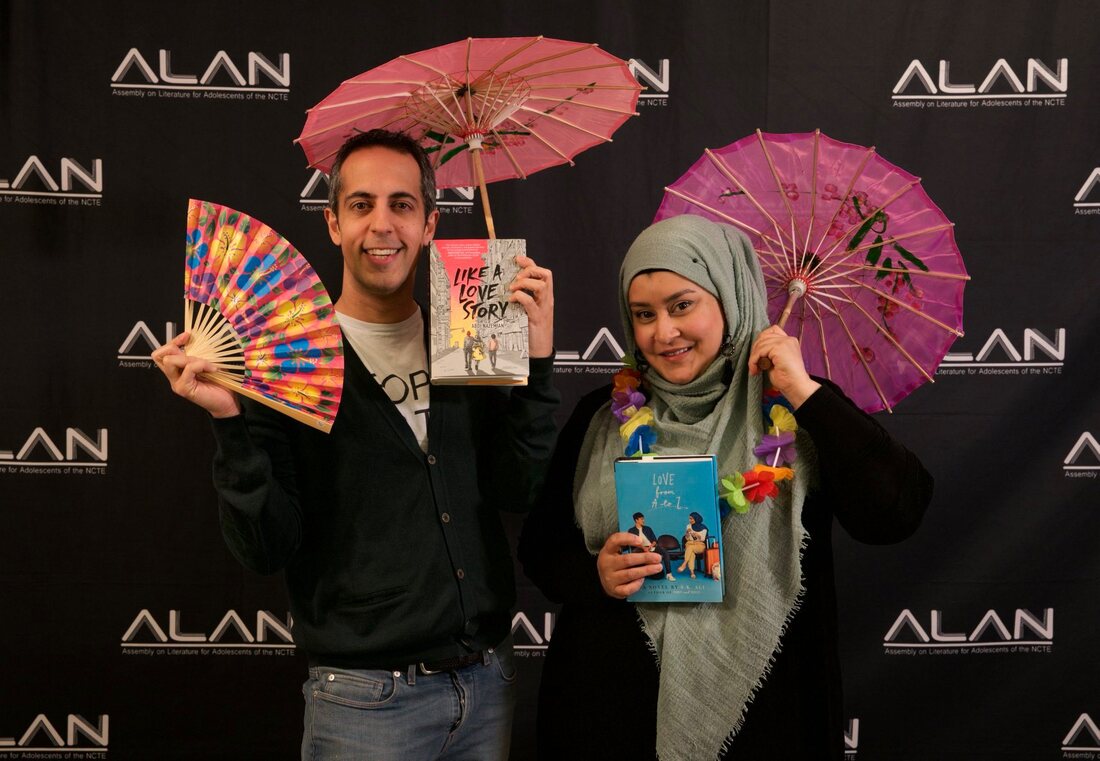
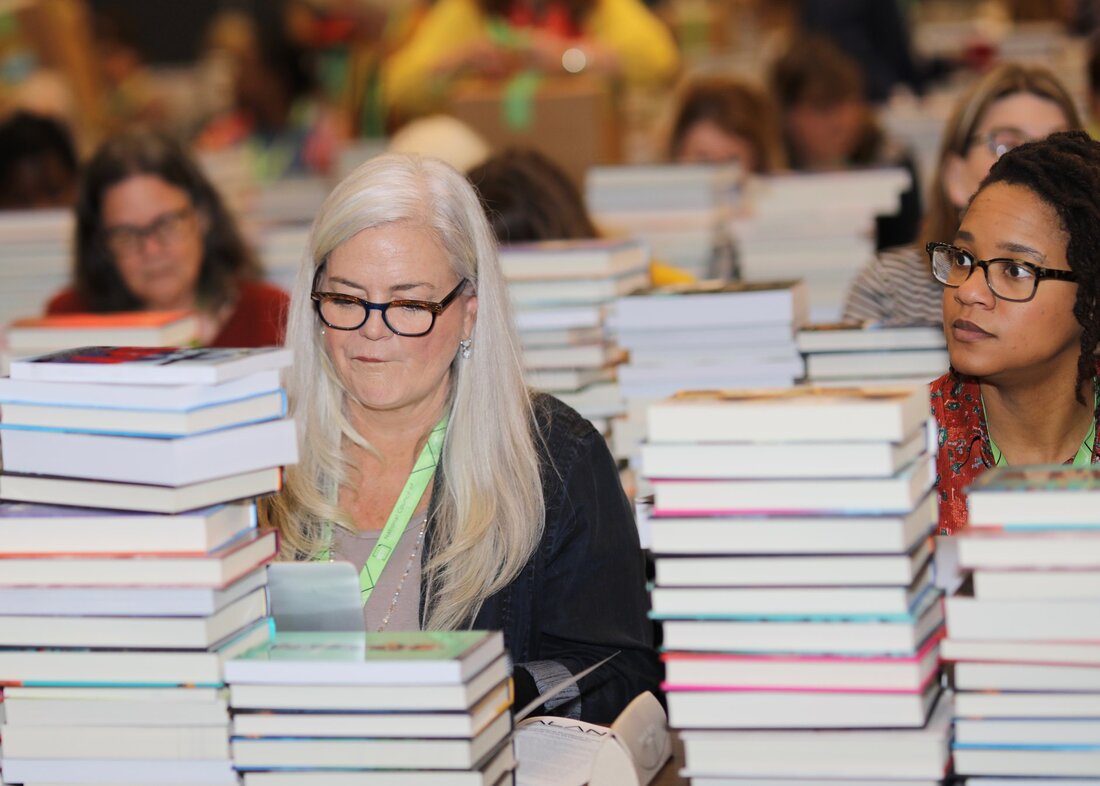
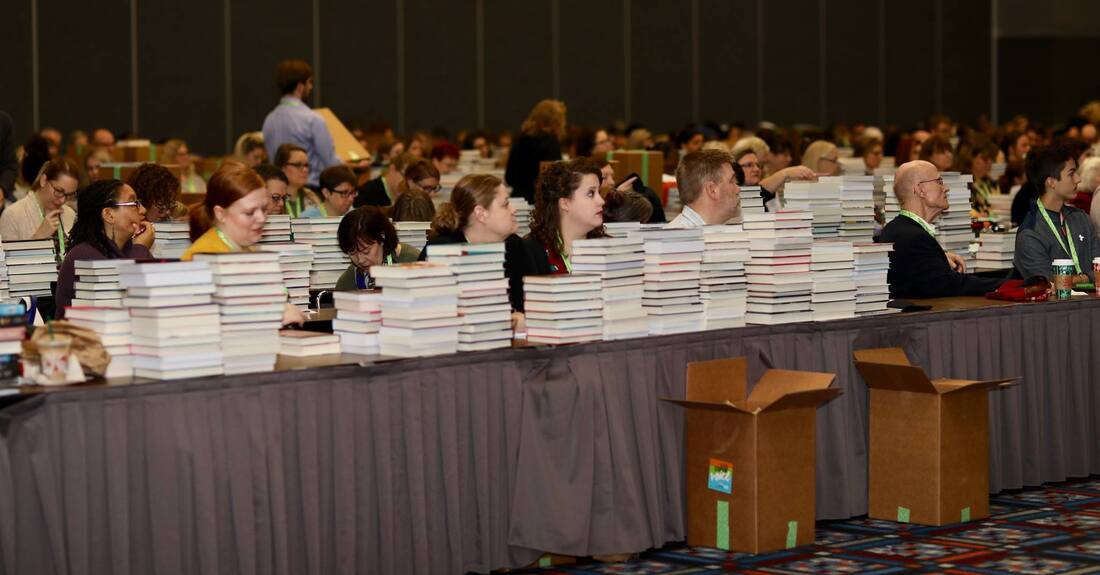
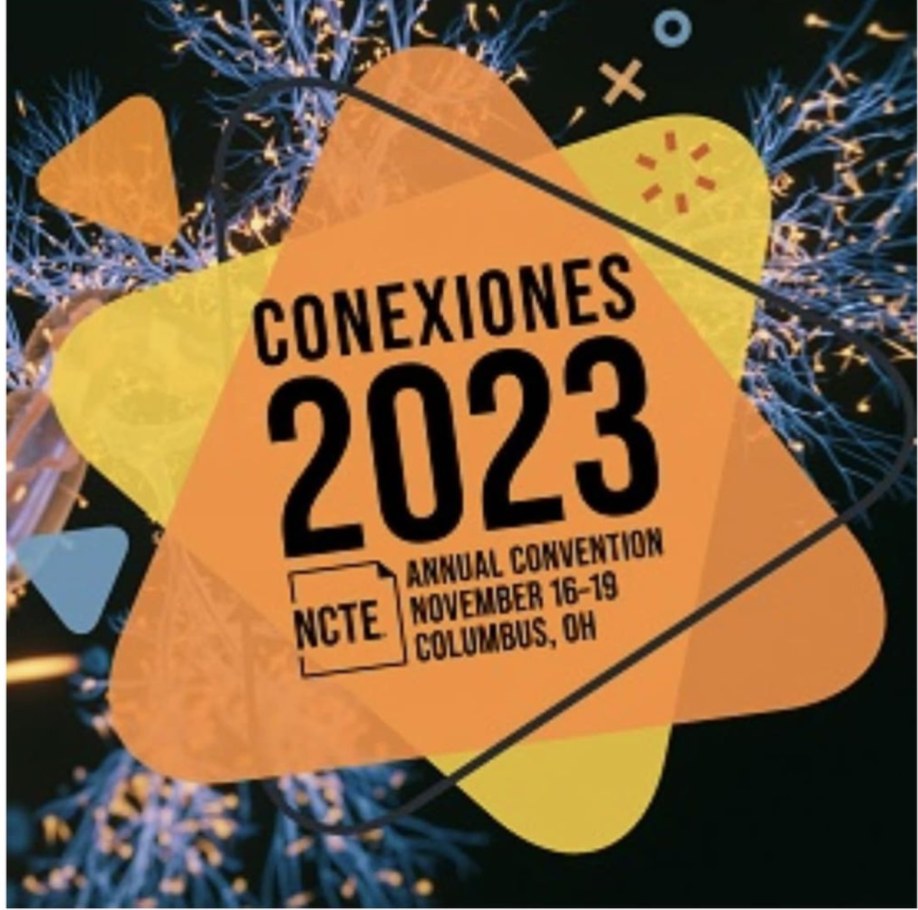
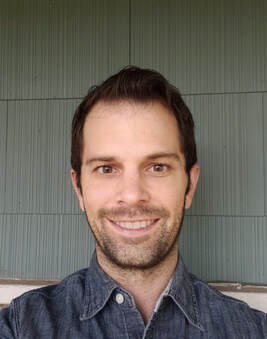
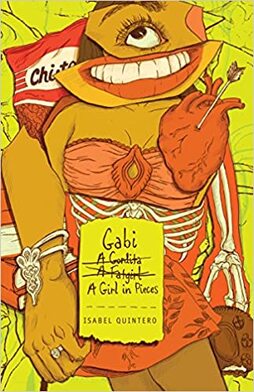
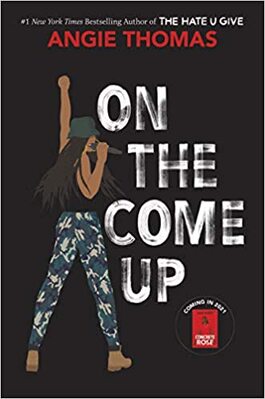
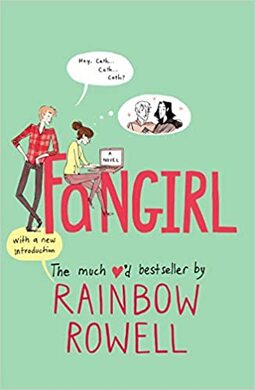
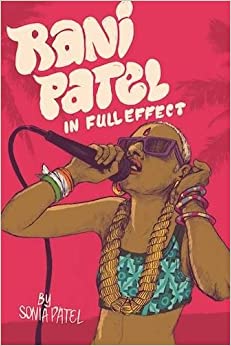

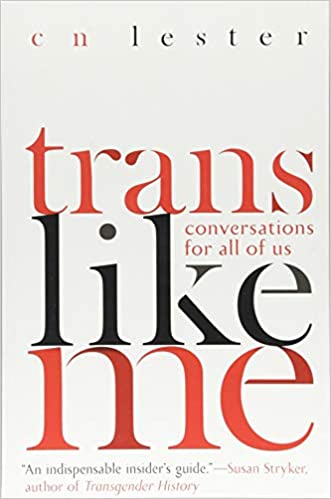
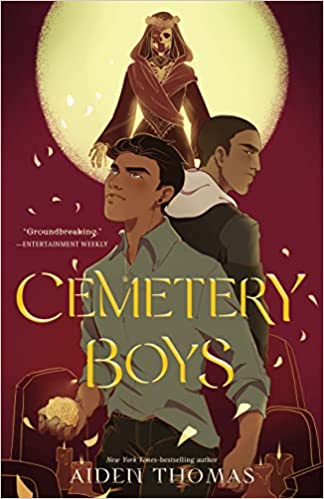
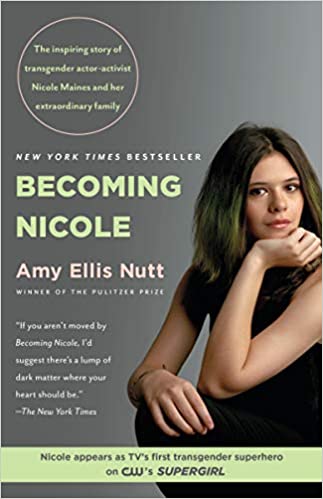
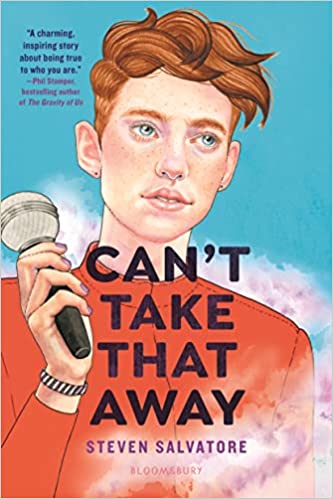
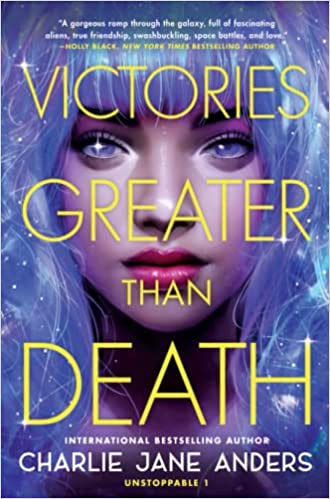


 RSS Feed
RSS Feed